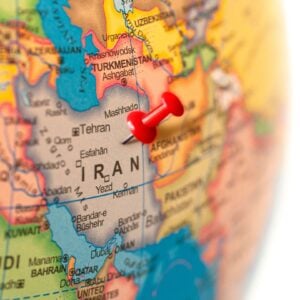The International Monetary Fund (IMF) and World Bank are preparing for their annual meetings next week, a gathering that carries particular significance this year as the United States continues to play an active role in these Bretton Woods institutions despite withdrawing from several other international agreements. The meetings will address five key issues that encompass both immediate economic concerns and long-term global challenges.
The first issue focuses on navigating growth and inflation. Recent data show the global economy, particularly in the United States, remains resilient, with 2025 GDP growth projected at 3.2 percent globally and 2.5 percent for the US. Stock markets have performed well, but the strong performance is concentrated in a few high-tech companies investing heavily in artificial intelligence (AI), raising concerns about sustainability. Rising US tariffs may also push consumer prices higher, creating risks of mild stagflation. The IMF will need to assess these vulnerabilities and advise countries on mitigating potential economic disruptions.
The second issue involves managing a “dual shock” as countries face both rising US tariffs and China’s industrial overcapacity. With China redirecting exports to third countries, other economies—including Europe and emerging markets—are feeling the pressure. The IMF will be challenged to guide member states on policies that balance trade, reduce deficits, and create sustainable growth opportunities amid these external pressures.
Argentina represents the third key issue. The IMF is addressing Argentina’s ongoing socioeconomic crisis after approving its twenty-third assistance package in April, with the country now facing a currency crisis following political setbacks. While fiscal indicators and inflation have improved, the IMF must decide whether to adjust its conditionality to ensure social and political sustainability or maintain its current program, especially with support from the US through a currency swap.
The fourth issue centers on the US administration’s agenda. The IMF and World Bank have scaled back references to climate change, gender equality, and sustainable development, but it remains uncertain whether this aligns with US expectations. Questions also surround potential pressure on the World Bank to limit lending to China and graduate middle-income countries, as well as how Daniel Katz, the newly appointed first deputy managing director of the IMF, will navigate these dynamics.
Finally, the meetings will address improving sovereign debt restructuring. The IMF and World Bank have an opportunity to streamline the process by encouraging parallel negotiations between debtor nations and creditors, acting as an impartial facilitator to reduce delays and ensure fair and timely agreements.
Observers and participants will closely monitor these discussions to understand how the United States and other major economies continue to shape global economic governance through the Bretton Woods institutions.







